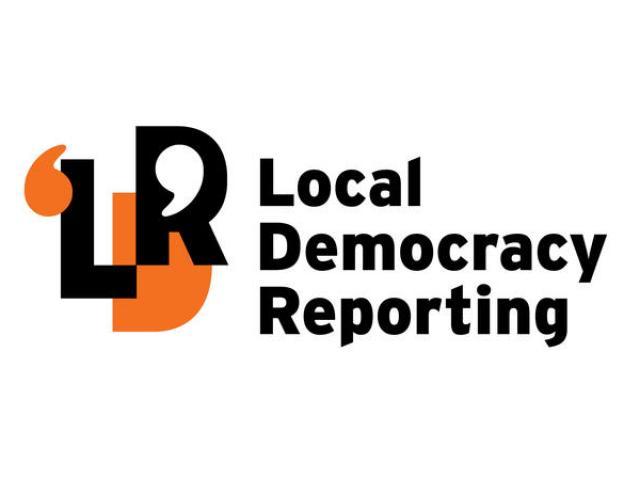Students learning under structured literacy are already showing some promising results as they enter high school, a North Canterbury principal says.
Kaiapoi High School principal Jason Reid said he was optimistic about future student achievement, despite concerns over declining literacy and numeracy standards.

‘‘We are already seeing the short-term benefits of students entering high school who have had a brief exposure to structured literacy.’’
Kaiapoi High School was part of a two-year pilot of new literacy and numeracy standards, which were introduced across the country this year.
Mr Reid said the school had scored satisfactory results among its year 10 students during the two-year trial, and he was starting to see the benefits of working with local primary schools.
Declining literacy and numeracy standards was a hot topic during last year’s general election, with both Labour and National promising to raise the standards.
The Government recently announced that all state schools will need to teach reading using the structured literacy approach from term 1, 2025.
All nine primary schools in Te Kāhui Ako Kātote (Kaiapoi learning cluster) have already adopted structured literacy and are now working alongside the high school to ensure consistency among students entering year 9.
The collaboration between the schools meant secondary teachers were spending time at the primary schools and year 7 and 8 teachers were interacting with the high school to ensure consistency, he said.
‘‘It means there is increasing understanding and respect around the mahi that is happening across the kāhui ako.’’

‘‘They all agreed literacy is the biggest factor in academic achievement and numeracy is another significant influence.
‘‘It is about students being able to communicate their thoughts on paper, to explain themselves and to justify their answers.
‘‘They need to be able to articulate the depth of their ideas and the knowledge.’’
While he was optimistic about his students, Mr Reid said the co-requisite process was causing concern around the country.
Year 10 students at schools around the country sat tests in reading, numeracy and writing last month.
The tests were a co-requisite for earning NCEA qualifications.
From 2026 students will have to pass all three assessments to obtain NCEA at any level.
‘‘Schools across the nation are going to struggle to maintain the same pass rate,’’ he said.
‘‘A student struggling with any one of those three assessments is in danger of not passing NCEA.’’
Students who did not pass will have another opportunity later in the year.
And all is not lost, as students can re-sit the tests multiple times over several years if needed.
By David Hill
Local Democracy Reporter
■ LDR is local body journalism co-funded by RNZ and NZ On Air.













